Adult ADHD affects more than attention and memory. The impact of ADHD during the adult years is a rather new area of research, emerging in the 1990’s, which found that ADHD was not just a childhood learning disability that went away when the individual reached adulthood. There is still much to be studied about the connection between Adult ADHD and communication difficulties. Due to this often hidden struggle, those with Adult ADHD may develop Social Anxiety Disorder and may feel “out-of-place” and awkward in social situations. Effective therapy approaches for Adult ADHD include Cognitive Behavioral Therapy, Mindfulness Training, Verbal Regulation Training, and Assertiveness Training.

Adults with ADHD tend to talk too much when feeling stressed or insecure during social interactions. They can benefit from a Cognitive Behavioral strategy which focuses on learning how to consciously focus on key words of a conversation and to take deep breaths which calm them and actually inhibit the urge to speak too much or at inappropriate times. The excessive talking results from another ADHD symptom, which is impulsivity. My Adult ADHD clients all report that they often talk too much when interacting with friends or at work, because they impulsively want to get out their thoughts before they forget them. ADHD symptoms have been linked with deficiencies in two key neurotransmitters, dopamine and norepinephrine, which are responsible for motivation, alertness, and efficiently processing and responding to information in their daily interactions. A second communication problem is speaking about disorganized or unrelated topics when interacting with friends, family members, or coworkers. These behaviors give the impression that the ADHD individual is not listening to others or does not respect what others have to say. This off-topic tendency can also cause much embarrassment for the Adult ADHD individual. A useful strategy in the workplace is to keep a small notebook with at all times, so that important information can be summarized and the ADHD individual can stay focused during meetings or when being given instructions. Talking too much and talking about random topics can cause those with ADHD to become very stressed and flustered during even superficial conversations.

Another ADHD-related communication problem is the tendency to interrupt others, due to the ADHD brain’s racing thoughts. Similar to talking about random topics, interrupting is perceived as being rude or selfish. ADHD individuals experience the world in a way that others don’t easily understand, due to the array of reactions to external stimuli added to their existing internal chaos. ADHD individuals interrupt and blurt out their thoughts when they finally get them organized enough to share, and they probably don’t even know that they are doing it. Parents with ADHD may often feel embarrassed when interrupting their child in mid-sentence. Due to the impulsivity which is common among those with ADHD, blurting out unfiltered thoughts and feelings can cause hurt feelings or negative reactions from others. A strategy for controlling this problem is to use mindful pauses focused on present reactions to what others are saying without needing to verbalize one’s own thoughts at that particular moment. This is referred to as mindful verbal regulation, and it is a really effective skill to use during work meetings or social events where it is important to speak and to behave respectfully and appropriately.
Another communication problem among ADHD individuals is actually feeling “stuck” or “clamming up” during interactions with romantic partners, coworkers, friends, and family members, and this creates a sense of being cognitively and behaviorally “blocked” from being fully present during meaningful interactions. Furthermore, this “stuckness” can give the impression of aloofness or disinterest in what is being said. The lack of verbal connection from an ADHD individual to one’s romantic partner can cause emotional distance and the perception of not caring.

A final ADHD-related communication problem worthy of mention is poor emotional regulation. The ADHD individual may react on a purely emotional level before one’s thoughts are processed in an organized manner. Self-regulation strategies are very helpful for this communication problem, because they teach the ADHD individual how to avoid emotional meltdowns by recognizing the triggers before the emotions take over. This is especially helpful for couples who are experiencing distress in their communication patterns, because partners of ADHD individuals can start to feel unloved or unwanted. Moreover, emotional regulation is an important motivating force and a source of internal control over one’s environment.
In sum, adults with ADHD tend to be easily distracted during interactions in their personal and professional lives. It is helpful to use frequent pauses, rather than to impulsively blurt out random thoughts, and to assess when would be the most appropriate time to respond and what specific words are necessary for expressing one’s viewpoints. Another strategy is to verbalize one’s difficulty with focus and word organization, after the other person has finished speaking, and to also request that the other person repeats the comments made or clarifies them. What I emphasize the most to my clients with ADHD is to carry a notebook literally everywhere they go and to write down important points in a conversation, particularly in the workplace but even when having a serious conversation with one’s romantic partner.



